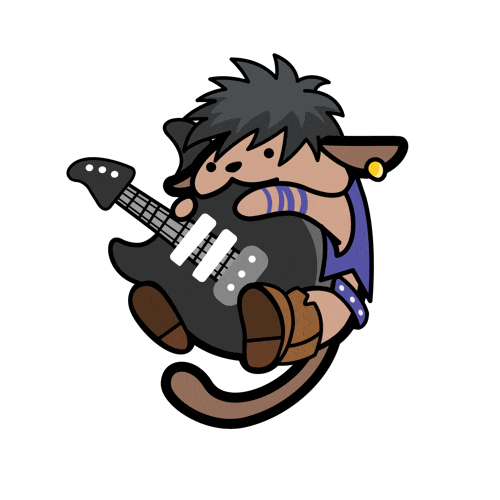Experiment #1: Wapuu NFT Collection
Wapuu is the lovable, open source, and (un)official mascot of WordPress. Wapuu swag has been created and collected at WordCamps around the world. We’ve taken the next step by building a generative art project of 2,222 unique Wapuus that can be minted as an NFT, collected, and traded by the WordPress community on the Ethereum blockchain.
Collect your favorites for fun. Or show off your collection to your friends in the WordPress community. Make your favorite your profile avatar, you are the provable owner so you get the bragging rights! And every time they are traded, half of all royalties go to the WordPress Foundation!

2,222 Unique Wapuus
We built a programmatic generator that creates completely unique Wapuu characters based on a random set of more than one hundred traits. Traits are weighted to have various rarities. This makes the rarer Wapuus highly collectable and more valuable.
When you mint your Wapuu it is completely random, you may get one with a common or rare combination of traits. And if you are really lucky you might be the proud owner of a special edition Wapuu from one of our community sponsors!
Experiment #2: The Core Contributor NFT
The Web3 WP community is working on our next project to support WordPress by rewarding core contributors for their contributions in the past and into the future. We are creating and distributing limited edition collectable “WordPress Core Contributor“ coins for each of the 41 major historical releases of WordPress all the way back to 0.7. Could this be the future of incentivizing open source contribution?
What is Web3, and why should you care?
A brief history about the web.
Web 1.0
The read-only internet. It made information available to the masses in static format.
The problem was that only nerds and tech companies had the skill and ability to add content. Publishing to the web required a lot of technical skill and a deep knowledge of code.
Web 2.0
The read-write web. The Internet became interactive, which paved the way for social networks and user-generated content production to flourish. It is easier than ever to make your voice heard.
However, this led to a disturbing centralization and ownership of our data and content in the hands of large corporations. We became the product in exchange for these services, and creators receive little to no share of the value they create.
Web 3.0
- Decentralized: No organization controls your data.
- Permissionless: Anyone who is on the network has permission to use the service
- Uncensorable: Data written into the blockchain can never be changed or altered.
- Monetization: Frictionless financial transactions are built in. Creators can be paid without a middleman.
- Privacy: Identity is tied to cryptographic keys. Anonymity is an option.
Web3 is Here
With the invention of the Blockchain and Smart Contracts, it is now possible to build decentralized apps that allow anyone to participate without monetizing their personal data. These are apps that allow frictionless financial transactions (Cryptocurrency & DeFi). DAOs provide governance in a public, transparent, and trustless way. Provenance can be minted on the blockchain (NFTs) to open up new ways for creators to monetize their content, and creating new markets for trade. Governments and tech companies can no longer censor speech or interfere in commerce. Trust becomes decentralized and programatic. Even data storage, access, and compute can be decentralized now.
While Web3 still has some limitations like Scalability, User Experience, and Cost these problems are quickly being solved and it’s finally possible to build practical and successful apps on this technology.
WordPress Revolutionized Web 2.0
The mission of WordPress is to “democratize publishing”. It helped usher in Web 2.0, while giving creators more ownership and control of their data, content, and code. But it hasn’t solved problems like centralization, censorship, governance, privacy, trust, and finance.
How do we prepare WordPress for the Web3 revolution?
About Us
Web3 WP is a community project, run by its members. We’ve also involved various advisors with Web3 expertise from the WordPress community.

Aaron Edwards
Founder, CTO, Aspiring Blockchain Guru
Aaron has more than 10 years experience as the CTO for a large enterprise WordPress hosting company and has built countless cloud services and plugins. He’s excited to explore smart contract and dApp development with this pet project.

David Lockie
Advisor, Web3 Lead at Automattic
OG Wapuu holder, Web3 Lead at Automattic, Co-chair BIMA blockchain council, Advisor To The Board at WordProof, Advisor at Adnode, formerly Founder/CEO at Pragmatic, Ambassador at Grant for the Web

